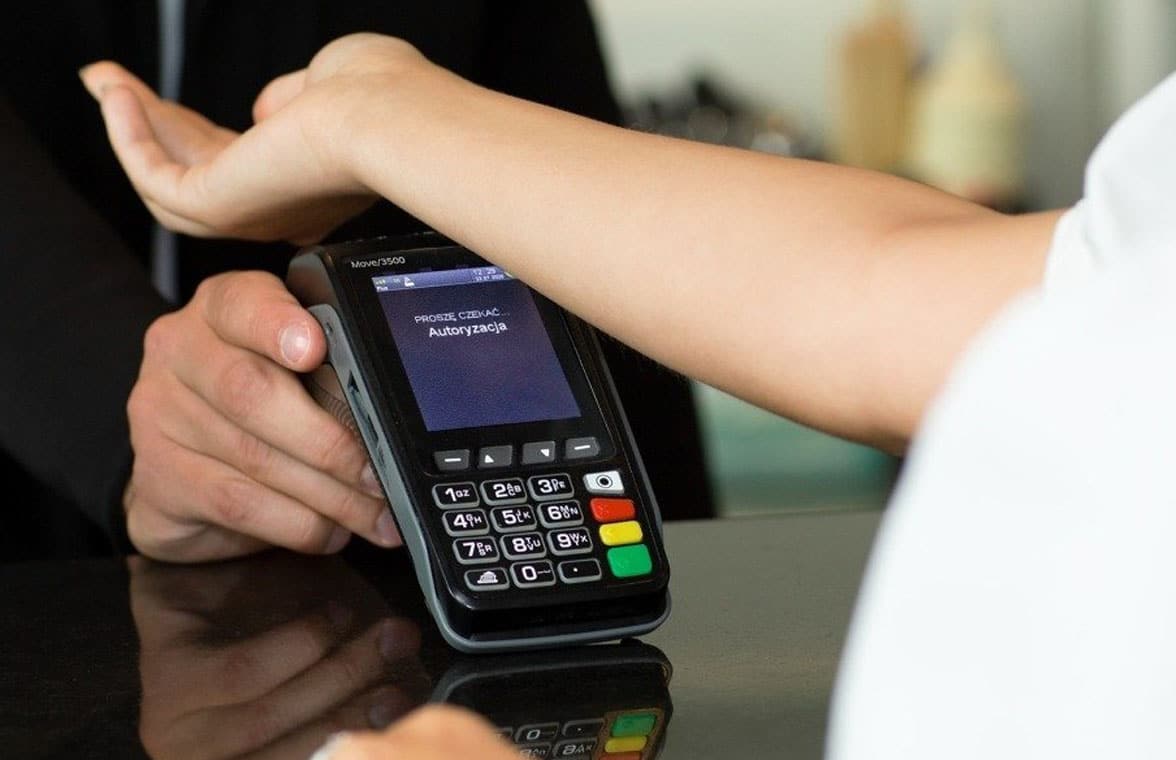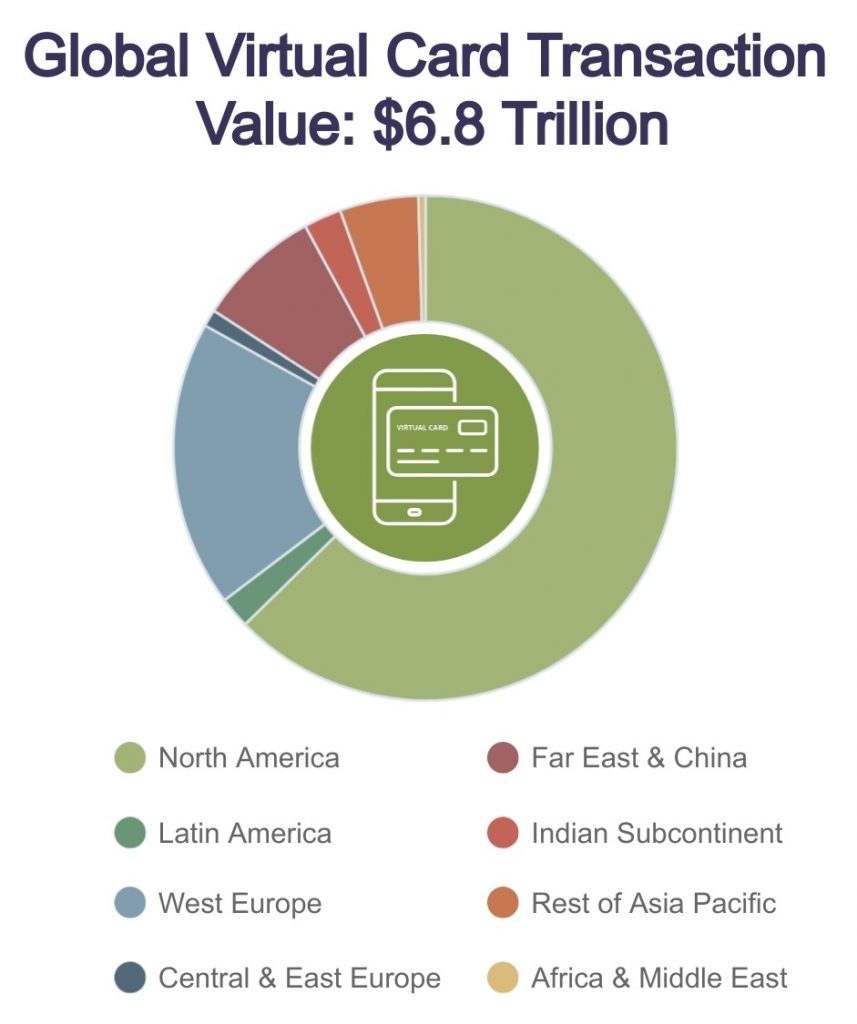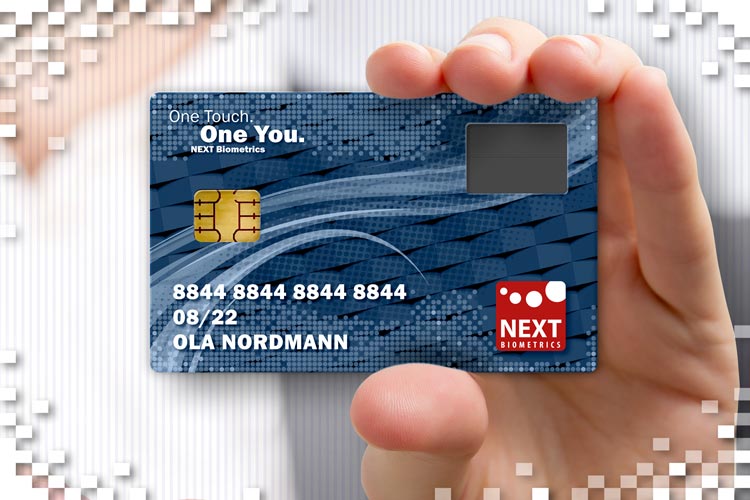Bio-compatible NFC implant lets consumers make contactless payments with their hand
Consumers in the European Union and the UK can now make contactless payments using an NFC implant in their hand that is compliant with ISO 10993 biocompatibility standards.
The batteryless implant is embedded under a user’s skin and is linked to a preloaded online account, enabling them to make contactless payments wherever “most popular credit or debit cards” are accepted.

“The Walletmor payment implant is a small device, the size of a safety pin and about half a millimetre thick, consisting of an integrated circuit and a metal sheath acting as an antenna, enclosed in a hermetic bio-housing,” the British-Polish start-up that developed the device explains.
“The biopolymer — technically speaking — is the so-called medical plastic for the production of medical devices, which has current biocompatibility certificates confirming compliance with the ISO 10993 standard.”
“Importantly, the implant is a passive device and does not have its own power source,” Walletmor adds.
“It does not generate any radio waves on its own and is only activated with a contactless payment terminal, and only at a very short distance. It’s impossible to track someone with a Walletmor implant.”
Once they have ordered the NFC payment implant, users open and add funds to an account on the European iCard platform before having the device implanted at a hospital, clinic or aesthetic medicine laboratory that offers the service.
“Implantation is painless and takes only 15 minutes,” Walletmor says.
A short video shows how users set up and use the payment implant.
– NFCW –



